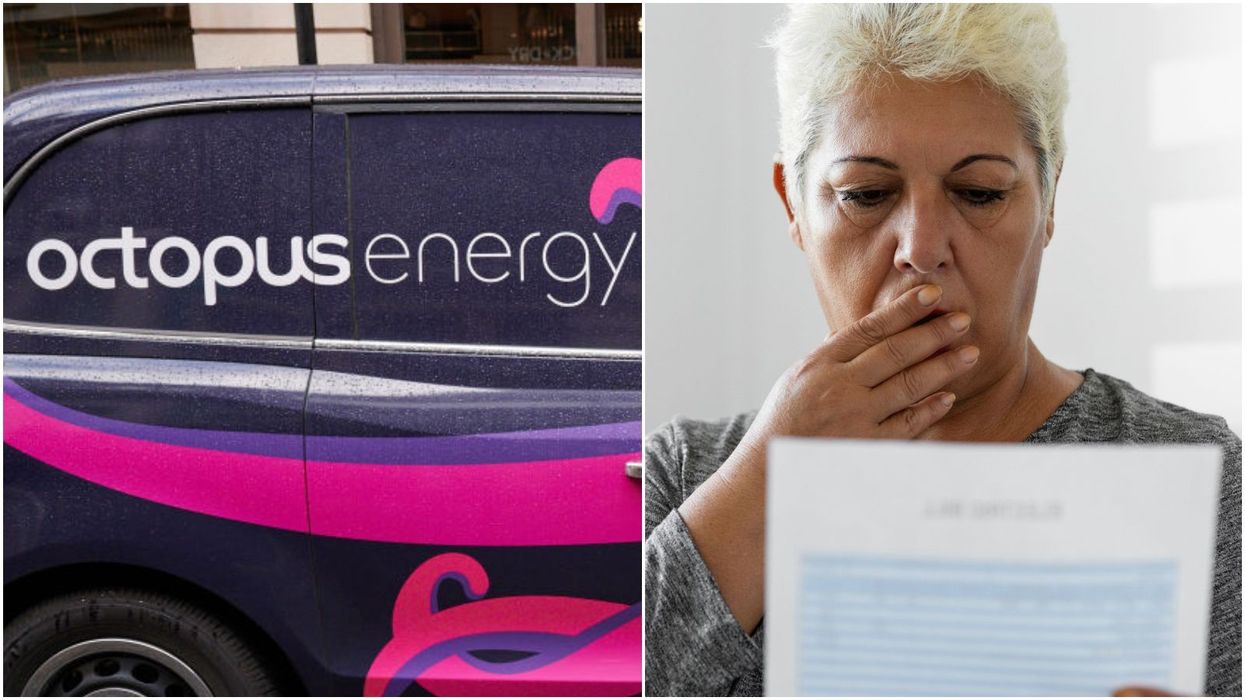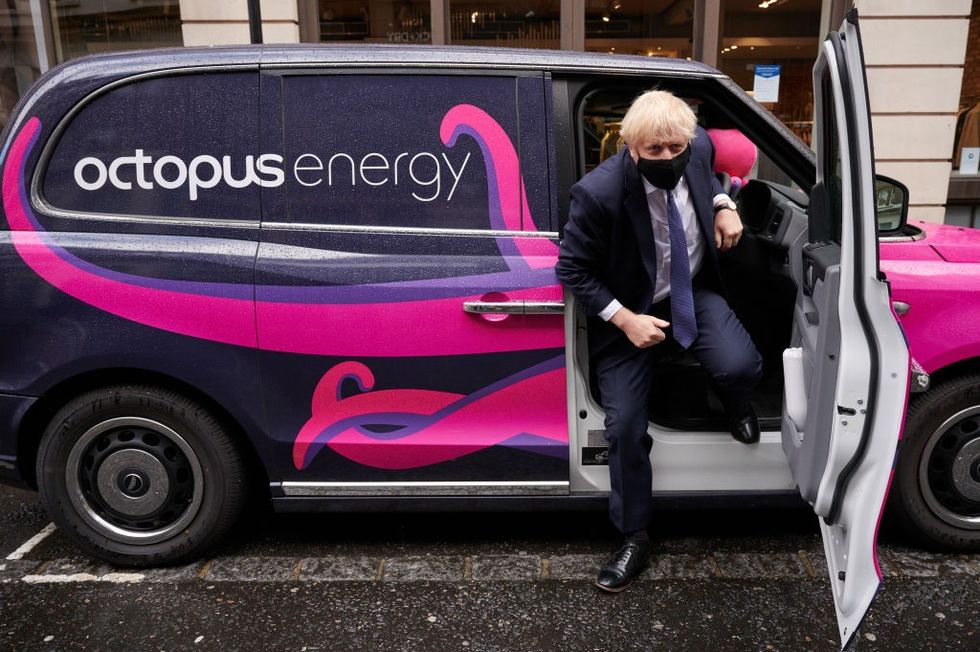Octopus Energy warns over 20,000 people hit with higher bills due to switching tool they don’t know about

Octopus Energy highlighted their concerns, suggesting that many consumers were unaware they had even been enrolled for the auto-switching tool
|GETTY

Around 20,000 households could have been shifted to more expensive energy tariffs because of an auto-switching tool designed to save money, a new report has warned
Don't Miss
Most Read
Latest
Thousands of energy customers using unregulated auto-switching services could have this year been moved to a tariff that is more costly than if they had gone directly to the energy company.
Some customers have not been able to move back to their original and cheaper provider, according to a report submitted to energy regulator Ofgem by Octopus Energy.
Octopus Energy highlighted their concerns, suggesting that many consumers were unaware they had even been enrolled for the auto-switching tool.
The energy company said that these consumers were transferred onto tariffs that were more expensive than if they had gone directly to the energy supplier.
These auto switching services were popular in the past, particularly before the energy crisis started in 2021.
Customers opted for this auto switch option as it was intended to automatically switch them onto the cheapest tariffs when they became available.

Octopus found that some of these services charged fees
|GETTY
However, Octopus found that some of these services charged fees, whilst others appeared to make profits by placing customers on higher tariffs than they would have been on if they had chosen their supplier directly.
In March, Octopus Energy said it received a rise in complaints from customers who only realised they had switched supplier after receiving an email to say that a direct debit would be taken from their account in ten days' time.
These customers would initiate a switch away from Octopus Energy but then would promptly cancel that switch.
In the report, Octopus said: "We are concerned that the projected volume of unconsented switching demonstrates a systemic failure in both freedom of choice and consumer protection.
"Suppliers who choose to outsource their customer acquisition activity to unscrupulous third parties, and continuing to do so even when it is clear that there is a detrimental impact to customers, must be held to account by Ofgem."
Upon investigation, Octopus Energy found that the deal offered through the auto-switching service was £90 more expensive than if the customer had directly chosen the supplier.
The deal through the auto-switching service also had exit fees included, whereas there were none if the bill payer had gone direct to the firm.
The report comes amid energy firms beginning to offer price cap-beating fixed energy deals in the market.
After investigating, Octopus found most customers didn’t even know they were registered with the auto-switching service and didn’t understand why they were being changed.
Some signed up to the platform years ago and had not heard from them since.
In other cases, billpayers appeared to be tenants in homes where the meter had been registered to a switching firm by a previous occupier.
Alexander Stafford, Rother Valley MP and member of the Energy Security and Net Zero Committee, told The Telegraph: "These firms are clearly acting against the wishes of customers who are powerless to stop these firms from ripping them off."

Octopus found most customers didn’t even know they were registered with the auto-switching service
|GETTY
However, a spokesperson from a switching company has said: "Our mission is to eliminate the loyalty penalty in the energy market and we firmly believe that healthy competition between suppliers is the best way to drive bills down for all of us.
"In my opinion, Octopus's inaccurate attack on auto-switching may unfairly undermine competition just when wholesale energy prices are falling and we should all be in the market for a better deal."
A spokesperson for Ofgem said: “We are grateful to Octopus for bringing this issue to our attention and are carefully considering their findings.
“We expect both suppliers and third-party switching services to act in their customers’ best interests, and to make sure they are communicating with them clearly before initiating a switch.
“We have also strengthened the rules that mean when consumers do decide to change their energy supplier it is a smooth process, and they are quickly compensated if it doesn’t go to plan.
“We will continue to work closely with industry and consumer groups and charities to make sure these rules are working to protect consumers in the coming weeks and months.”










